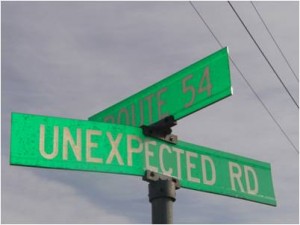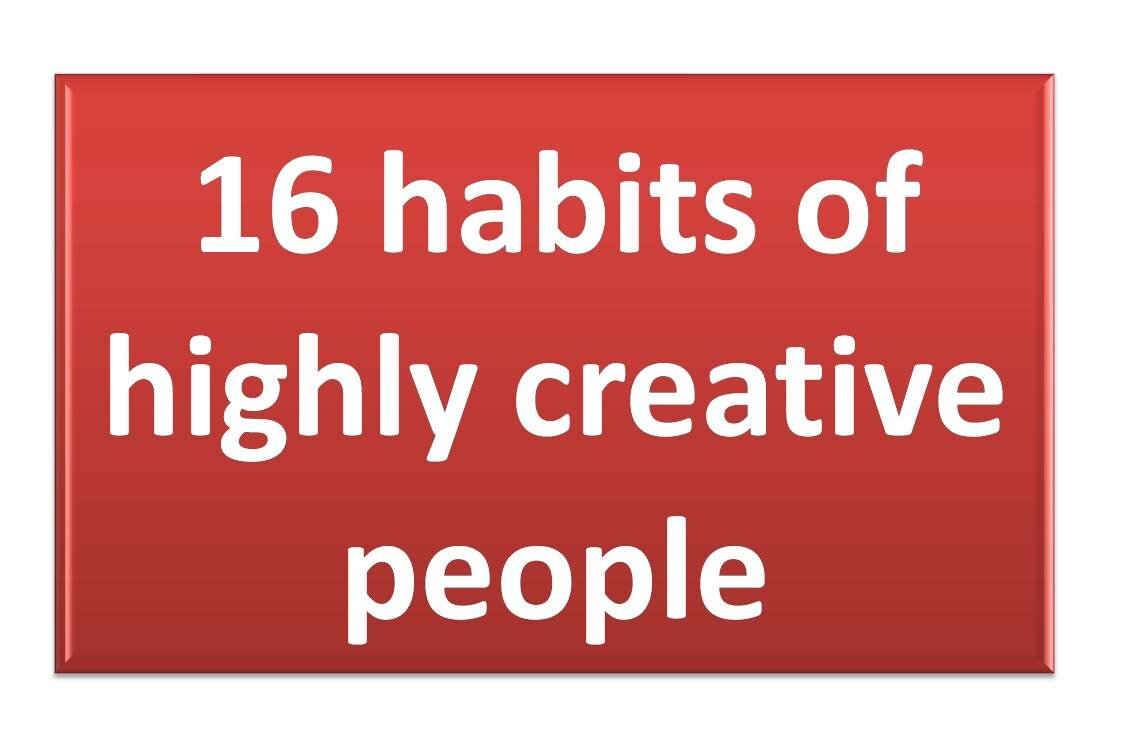Serendipity is not an accident.
|
|||||||||
Shalu Wasu | Feb 01, 2010
“Serendipity is the effect by which one accidentally discovers something fortunate, especially while looking for something else.”
That is how the phenomenon of serendipity is generally defined.
But I am not quite at ease with this definition because it implies that serendipity is passive and we cannot do anything about it apart from just sitting back, doing our work and waiting for a eureka moment to pop up!
I look at the phenomenon differently. The key point here is who makes the discovery and how. It is a certain state of mind which registers a discovery when it is ‘primed’ to do so. Else the discovery would go unnoticed.
So there are really two elements – the discovery and the discoverer. They are not mutually exclusive. They do not happen in isolation. They arise together. That also explains why everyone is not ‘lucky’ enough to make happy discoveries.
Let us first see what stops us from making happy discoveries. We have been conditioned to see what we expect. Our preconceptions creep into whatever we come across. We don’t see things as they are but as we expect them to be.
Secondly, we force our preconceptions into whatever we do and want a task to go along predetermined lines. Too obsessed with how things should be, we don’t recognize lucky turns of events and new possibilities.
As a result, we block the unexpected, turn a blind eye to the unfamiliar and miss out on serendipitous happenings.
All the wonderful people who made wonderful discoveries were able to find a connection between the outcome of an experiment and something which was bubbling in their brains because they had an open mind.

If we have an open and receptive mind, we will start seeing what we generally don’t see. Then we will let a task proceed the way it wants to by its own momentum instead of forcing our preconceptions into it.
Then the possibility inherent in the situation will come to surface. Noticing that possibility is what serendipity is about. What we get in this way can be much more than what we were looking for.
What it boils down to is this. The happy discovery does not happen by itself. It is brought into being by a mind that is able to notice it. It co-arises with an open mind.
In other words, an open mind evokes serendipity. Serendipity is therefore not really a passive phenomenon. It is not an accident but an art that can be cultivated. That is how I look at serendipity.
Filed Under: Comment
|
|||||||||




















Very true. I agree 100%
Our mind is a combination of active/passive consciousness. To be receptive is an acitivity in itself as we need to force or train ourself to refrain from all activities in order to be fully receptive.
I agree with some part of the passage whereas there is some disagreement also.
A discovery is just a discovery. Saying it happy discovery or sad discovery is nothing but a state of mind based on liking or disliking.
Thanks
It rather depends on what you mean by serendipity. Most think of it as good fortune but that is only half of it. Consider two impoverished people who both discover a $10 bill. Both benefit from good fortune. One, however does not spend the money on a burger but invests in a small company that later comes to be known as Microsoft. This person’s benefit has come as a result of serendipity – a blend of good fortune, knowledge, insight (and perhaps intuition). Another example might be the discovery of penicillin.
An evolved state of mind accepts a happy Serindipity. So at the end of the day thinking makes it so!
Open Mind = A Drop Box for life to dump ideas and suggestions.
Serendipity = luckily or intuitively you pick the right one that leads you to great success.
on the other hand
closed mind = not open to suggestions
Serendiptity = accidently stumble upon some good luck that your mind was not willing to look at anyway.
In other words an open minded person does not have to wait for a serendeptuos incident,as traditionally defined, to gain success.